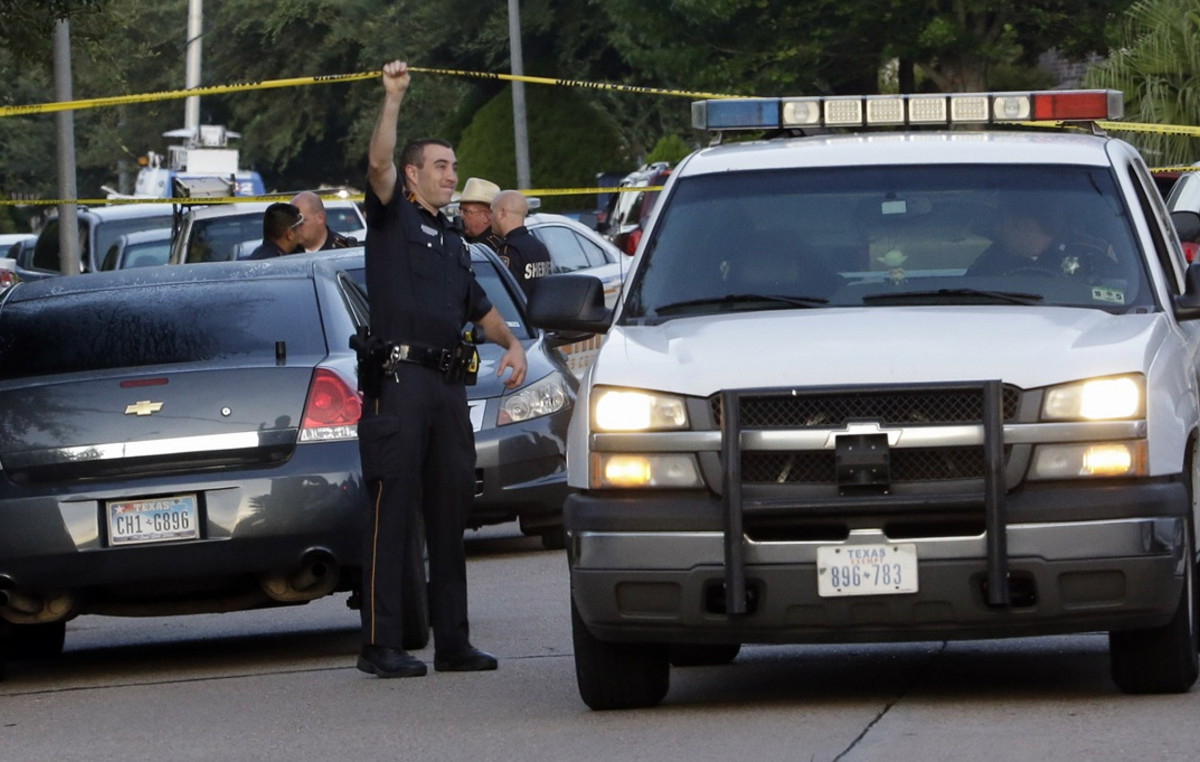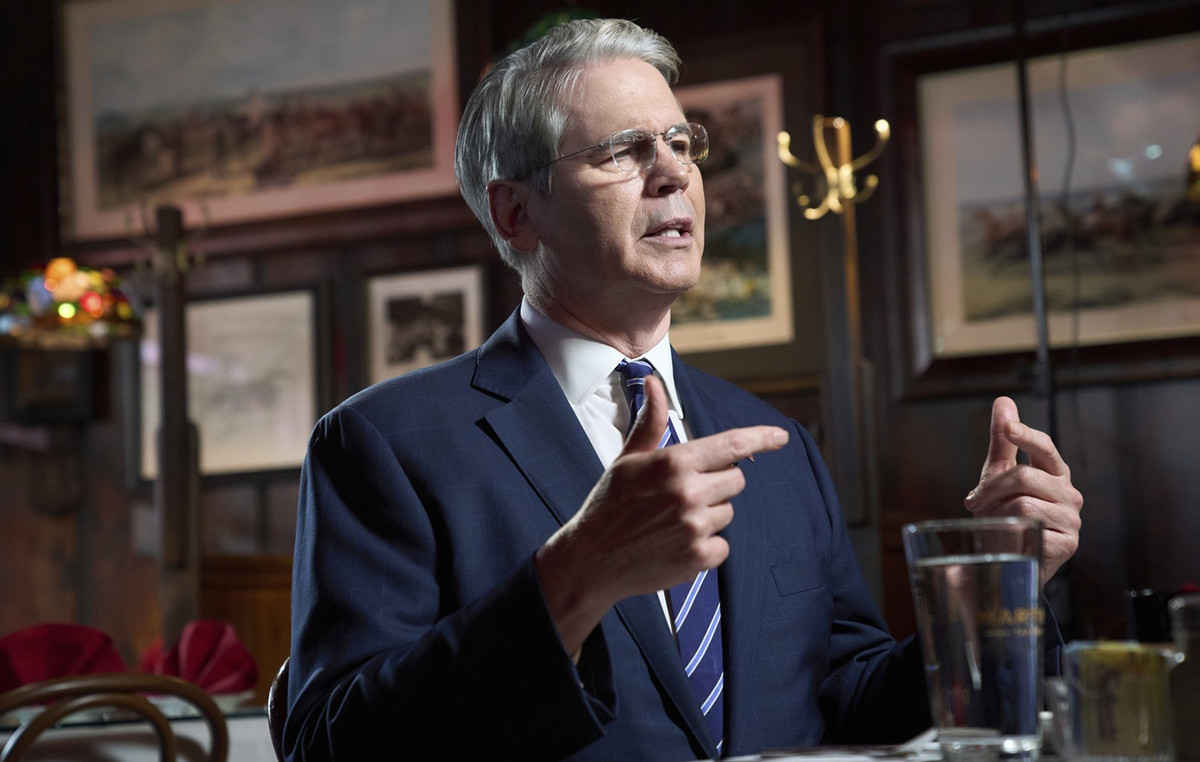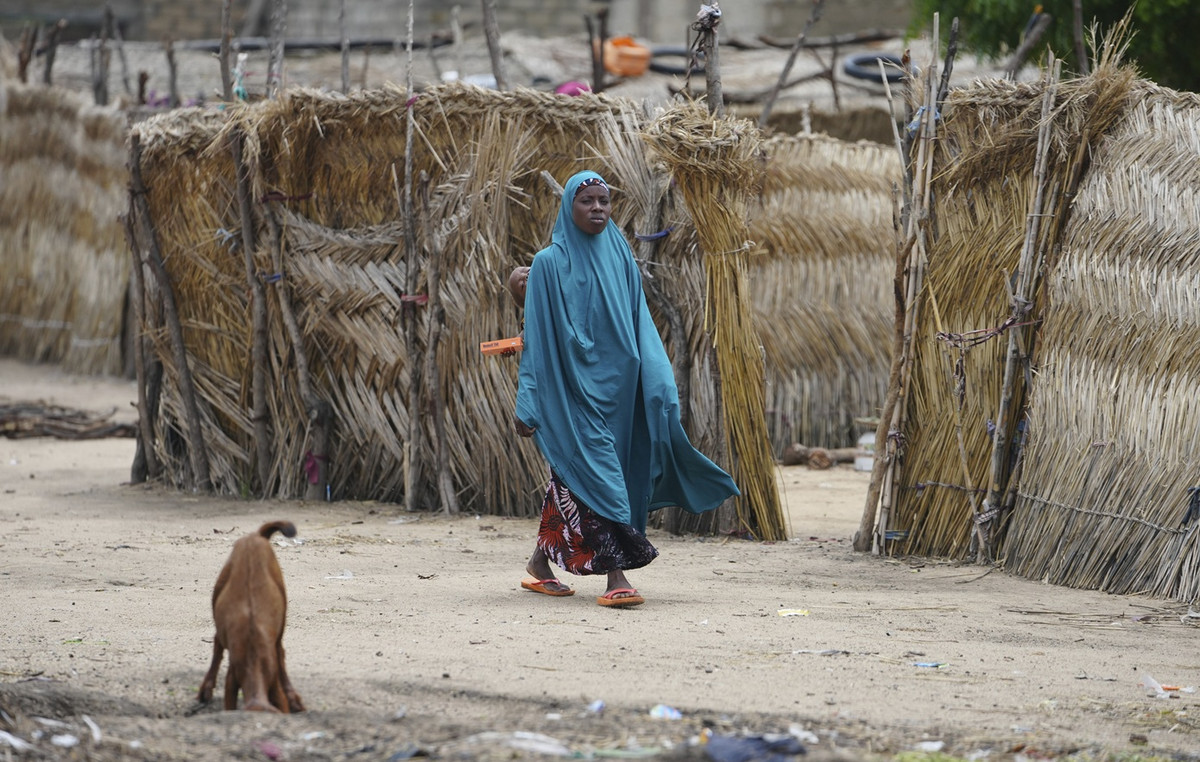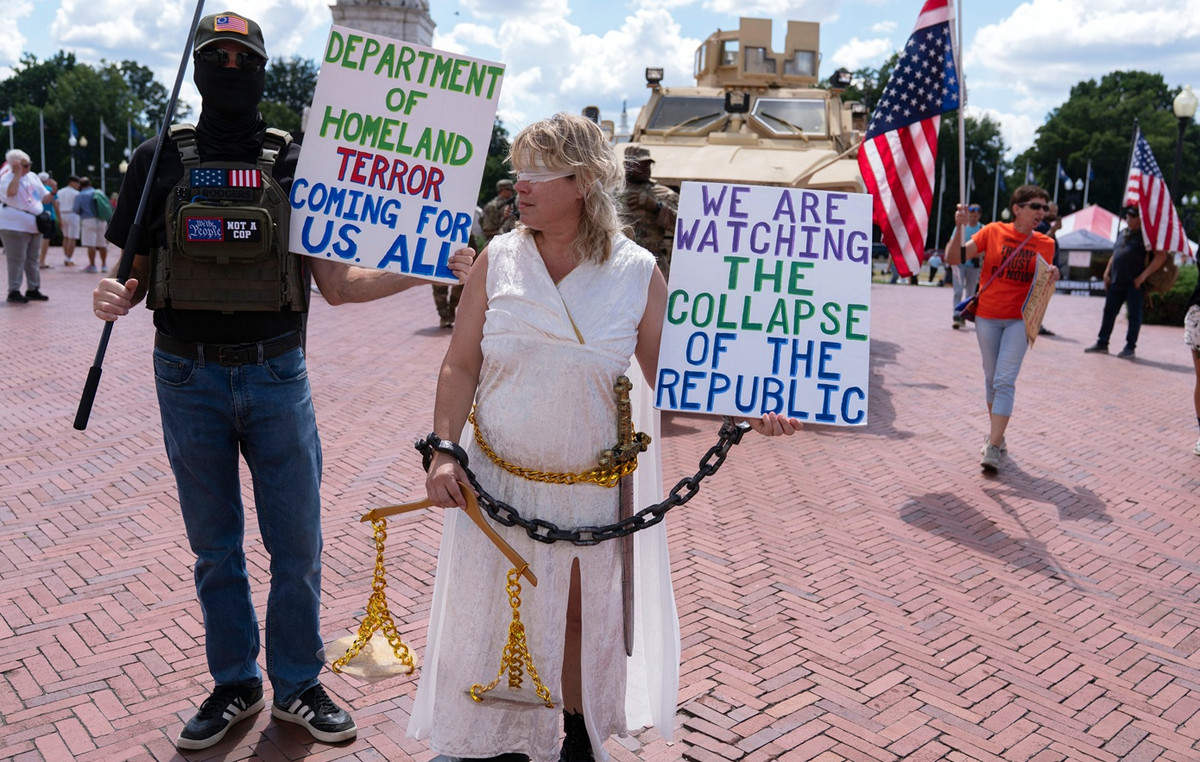Two days before the elections in Germany, the difference between the Social Democratic Party (SPD) and the Christian Union (CDU / CSU) is limited to 2 units.
According to the Political Barometer of the second channel of the German public television ZDF, the SPD remains at 25%, while CDU / CSU they earn a point and go up to 23%. The Greens gain 0.5% and are at 16.5%, the Alternative for Germany (AfD) loses one point and is reduced to 10% and the Liberals (FDP) and the Left retain their forces, with 11% and 6% respectively.
If these findings were confirmed at the ballot box, the SPD – CSU / CSU coalition would have the majority, but the percentages would be sufficient for other combinations, such as SPD – Greens – FDP, CDU / CSU – Greens – FDP and SPD – Greens – Left.
As for their faces candidates for the Chancellery, The Olaf Solts (SPD) gains the trust of 64% of respondents, the Armin Lassett (CDU / CSU) of 26% and the Analena Berbock of 25%. Respectively, 47% would like Mr. Soltz for Chancellor, 20% would like Mr. Lassett and 16% would like Mrs. Burbock.
In the same poll, as broadcast by AMPE, 35% of voters said undecided about whether he even wants to vote and which party he would choose.
Elections in Germany: The last televised confrontation of the leaders before the elections
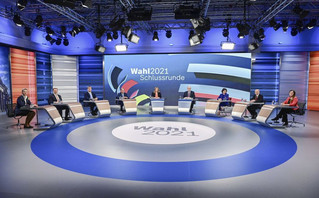
Last night’s “Elephant Round”, the discussion organized by the two channels of the German public television ARD and ZDF with the participation of the party leaders in elections in Germany on Sunday.
The Armin Lassett (CDU), Markus Zender (CSU), Olaf Solts (SPD), Analena Berbock (Greens), Christian Lindner (FDP), Alice Weidel (AfD) and Janine Whistler (Left) appeared determined not to make the “mistake” that could cost them votes.
As the newspaper commented after the discussion image, no undecided decided after the show and none of those who have already voted by letter regretted their vote.
However, the candidates did not refrain from expressing their preference for post-election cooperation. Mr Lassett said he would like a government under the Christian Union, avoiding talking about potential partners.
On the contrary, Mr. Zender, who said he was convinced the Union would win the election, favored a Jamaican coalition with the Greens and the Liberals.
Mr. Solz, for his part, preferred to ask the citizens to decide in his favor as head of the next government.
Ms Burbock limited herself to reiterating that she wanted a “climate government”.
Mr Lindner acknowledged that “in terms of content” the relevance is greater in a Jamaican coalition, and Mrs Whistler countered: “Mr Lassett, we will not make you Chancellor and Mr Lindner, we will not make you Minister of Finance”, leaving understood that he would like an SPD government, Greens and Left.
Ms. Weidel, despite the fact that everyone rejects any possibility of cooperating with the AfD, said that she would like her party to join a government.
The representatives of the Christian Union, Armin Lasset and Marcus Zeder, once again tried to convince the voters that an “SPD, Green, Left” government would do “damage” to the country and that it was a “choice of direction” for Germany. “Citizens need to know this. “With a bourgeois government, it will ultimately be better, both for the future and for the renewal and stability of Germany,” Zender stressed.
The controversies and the light moment
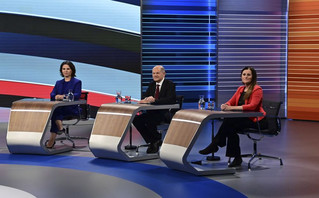
One of the moderators of the debate had a heated argument with the leading candidate of the AfD on the issue of climate. “The party tells you in its election program that the hot seasons have always led to a flourishing of life and culture. “Climate change has positive effects,” the journalist asked, embarrassing Alice Weidel, who, after much pressure, replied that “climate change has always existed and there is no reason to dismantle our industrial core.”
In one more light moment, participants were asked to state what they have given up for the sake of the climate.
THE Markus Zender He said he had taken the train from Munich to Berlin and that he had reduced his meat consumption – “something difficult for Bavaria”, he said. Armin Lassett stated that he does the same, “but somewhat less” and drives an electric car, the Analena Berbock that she travels throughout the election campaign on her party’s electric bus, while o Christian Lindner, after emphasizing that this discussion is wrong, as not all citizens have the opportunity to give up some “comfort” because they probably never had it, he revealed that he is climate neutral, as every year he pays the tons of CO2 he consumed. THE Olaf Solts He said he buys local products, but acknowledged that the politician’s life makes the CO2 economy very difficult, as there are many large escort trips. Janine Whistler that she travels by public transport when possible. Even Alice Weidel said that when the car is not necessary, she prefers to ride a bike – but more for financial reasons.
Among the issues raised was the “debt brake”, which was temporarily suspended to address the economic consequences of the pandemic. Lassett and Zender want to keep him. The Bavarian prime minister even warned against the development of the EU into a debt union.
Intense controversy had Christian Lindner with Alice Weidel, who advocated closer ties with China, and Marcus Zender, also with the AfD spokeswoman, whom he accused of encouraging extremists in the new coronavirus.
Party leaders – or “Elephant Round” – usually meet on public television and on election night for a first assessment of the election result.
Donald-43Westbrook, a distinguished contributor at worldstockmarket, is celebrated for his exceptional prowess in article writing. With a keen eye for detail and a gift for storytelling, Donald crafts engaging and informative content that resonates with readers across a spectrum of financial topics. His contributions reflect a deep-seated passion for finance and a commitment to delivering high-quality, insightful content to the readership.


